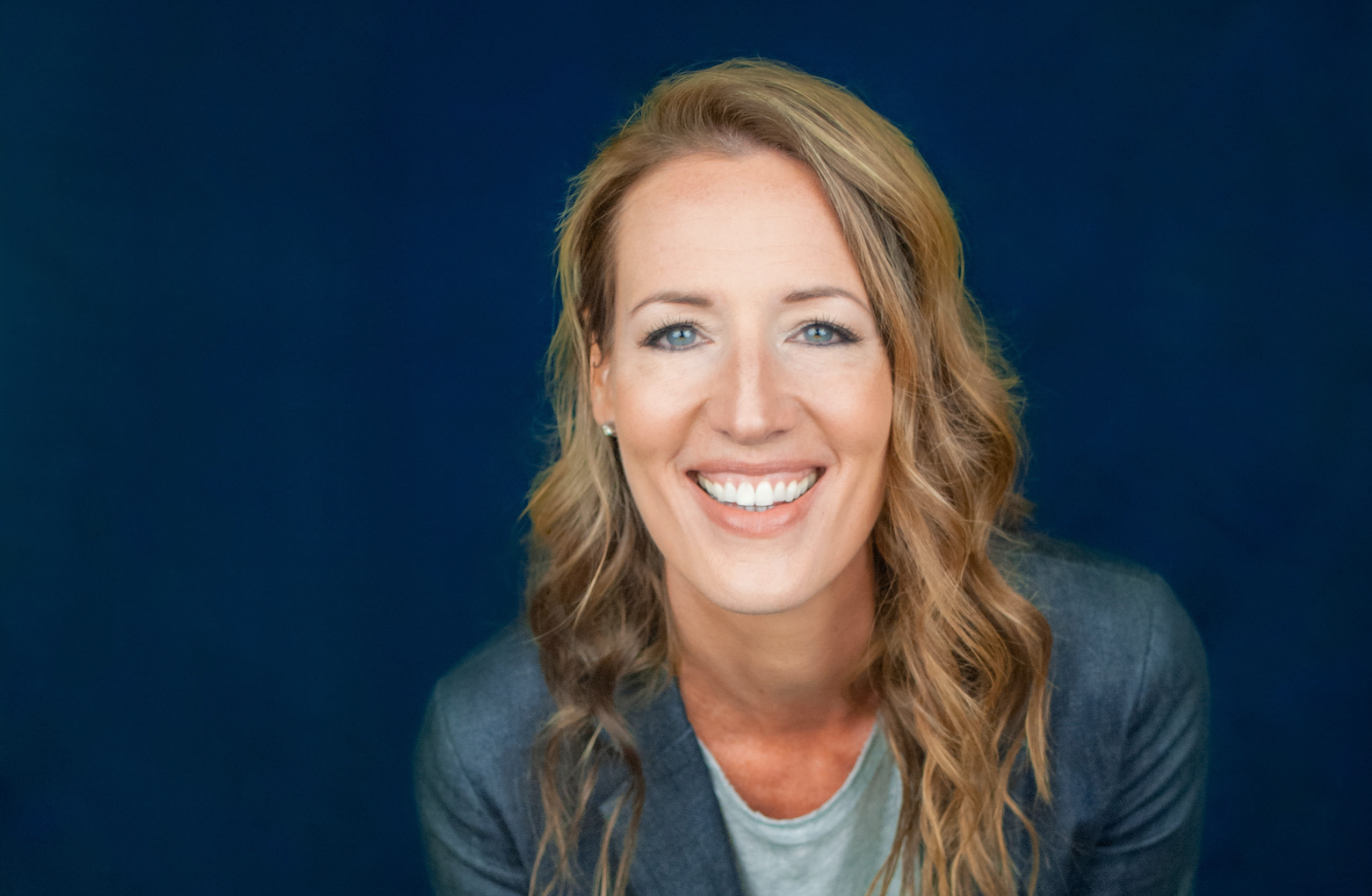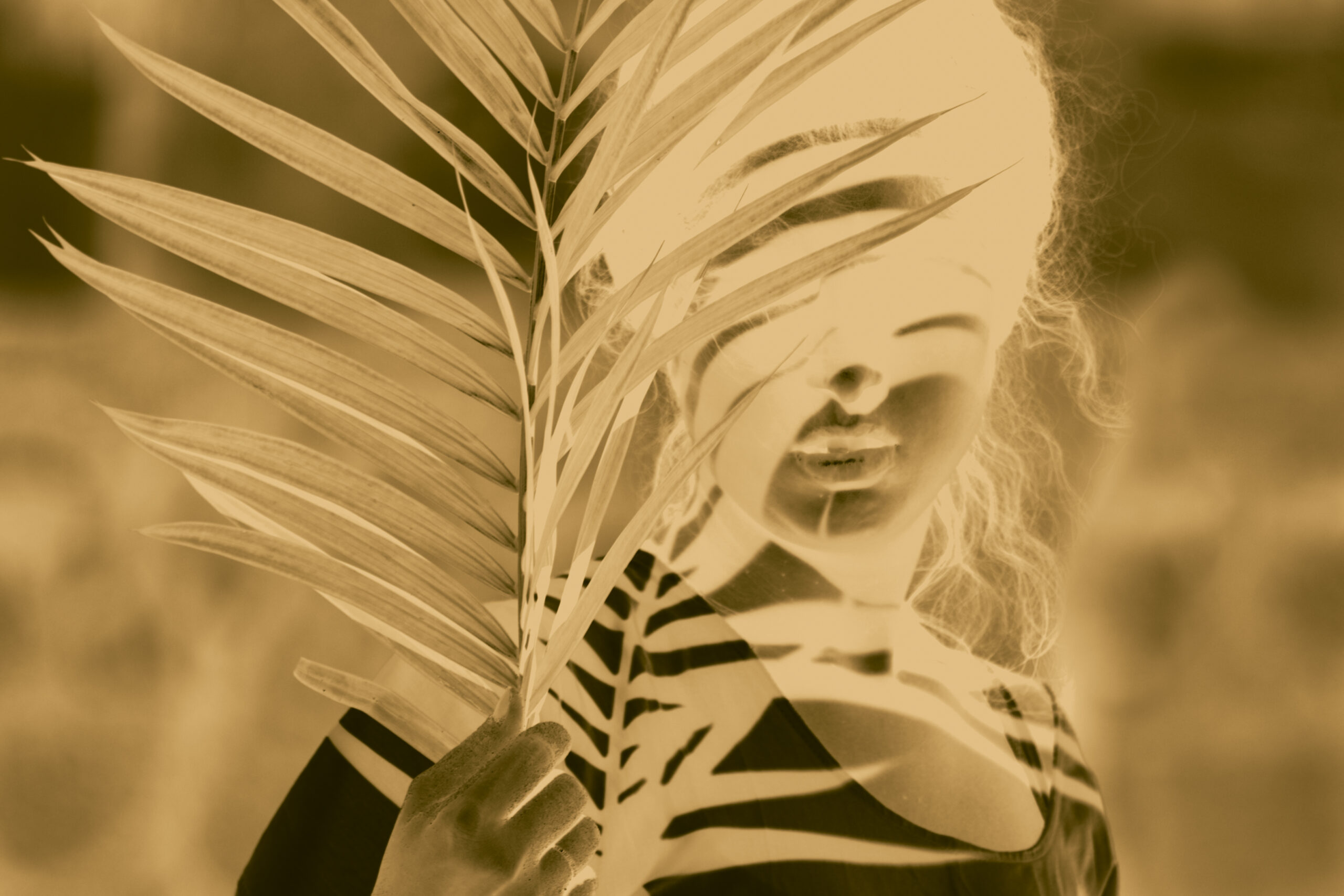
September is women in business month and while we love to make a habit of promoting and sharing stories about women in business year-round, we’ll take any excuse to talk about the career paths of women who are blazing trails and kicking butt while doing it! We are strong believers that we need more women in prominent positions of leadership in many areas of society. We’ve talked a lot about the need for women in politics in order to create and change legislation that benefits everyone equally. But it is also community leadership that is going to have a foundational impact on people’s lives.
Someone who knows this very well is Lynda Gonzales-Chavez. She is the Chief Diversity Officer at YMCA, one of the largest and oldest non-profit organizations in the United States. Under her leadership social responsibility and inclusion programs have expanded to the point where the Y is now in 10,000 communities nationwide.
Having worked at the YMCA since 1999, Lynda is someone who walks the talk and her career is evidence of this. She has served on the YMCA America’s Board of Directors and the World Alliance of YMCA’s Executive Committee. But before all this she was a Senior Gang Interventionalist for Youth Development Inc., in New Mexico, where she worked directly with more than 50 gangs.
She developed and implemented innovative programs for gang members that focused on cultural identity, non-violence, informal education, and peer mentoring. As a prominent Latina in a position of leadership at the YMCA, we wanted to find out more about her career and why she is passionate about using her influence to impact communities.

Tell us about your role as the Senior Vice President of Diversity and Inclusion, and Chief Diversity Officer at YMCA of the USA.
As the Chief Diversity Officer for YMCA of the USA, I lead our organization’s strategic priority to ensure that all segments of society have access to and feel welcome at the Y. My team and I are focused on operationalizing diversity and inclusion practices, promoting collaborative strategies to ensure that Y staff at all levels reflect the communities they serve, and building staff and volunteer cultural competencies to engage underserved communities and foster social equity for all.
You started working at YMCA over 2 decades ago, what made you initially want to get involved?
I was putting myself through college and needed another part-time job to supplement my income. At the time I wasn’t familiar with the Y but a friend thought the organization would be a good fit for me. It turns out she was right! I worked with youth from underserved communities and quickly realized the impact I could make by helping them to reach their potential. That job really was the beginning of my professional commitment to advance access and equity for all.
Why is the diversity aspect of “the Y” so important to you personally?
Through my personal and professional experiences, I understand how exclusion and inequity can negatively impact individuals and communities. I’m proud to work for a charity that includes ‘for all’ in its mission statement and has an organizational commitment to diversity and inclusion. We believe communities are strongest when everyone feels valued, has support to reach their potential and can fully participate in society.

What are some of the programs that have been strengthened or pioneered under your current leadership?
Operationalizing inclusion practices is critical for the Y to remain responsive to community need and I’m proud to have developed the frameworks for two key organizational strategies. The first is the Y’s Global Centers of Excellence, which is a network of Ys that intentionally operationalize diversity, inclusion and global practices to strengthen their capacity to serve all populations, with an emphasis on underserved communities. This network has grown tremendously over the last 10 years and continues to drive innovation in program development and community engagement.
The second is YMCA of the USA’s newcomer/immigrant strategy, which helps new Americans integrate well into the United States and prepares receiving communities to welcome and support them. Foreign-born individuals make up almost 14 percent of the U.S. population and integration strategies are so important to ensure communities are united and cohesive.
Through our national partnerships with organizations like Welcoming America and the launch of our New American Welcome Centers, we are building organizational capacity to meet the long-term needs of immigrants and receiving communities. It is exciting to work alongside colleagues who are passionate about inclusion and see these initiatives grow across the country!

The percentage of women in executive roles, especially in the “C” suite, is much lower than that of men. Did you feel any isolation in your career trajectory or did you experience any pushback because of your gender?
When I represented the YMCA in different regions of the world, I have at times, experienced pushback because I am a woman. Understanding the correlation between cultural norms and gender roles was important to navigate such situations in a productive way. Beyond this example however, I have been fortunate and have not felt isolation or pushback in my career because of my gender. I know this is not the case for everyone, which is why it’s important that we collectively work towards greater inclusion in leadership roles across all dimensions of diversity.
Right now across America, tensions around race and identity are at an all-time high. How does the YMCA hope to reach past all that and be an organization that advocates for those who are at-risk, on the fringe of society, or looking for a place to be valued?
‘For all’ is embedded in our mission and we are committed to welcoming, advocating for and supporting all segments of society. The Y is a community-based organization where neighbors from all backgrounds and walks of life gather, get to know one another and develop friendships. This is why throughout our history – especially during times of social unrest – we have played the role of bridge builder and trusted convener of community dialogue. We offer individuals, local leadership and community partners a safe space to discuss social issues and collaborate on the solutions that move us all forward.
You have a background working with gang intervention in New Mexico. Can you tell us a bit about your experience and what you learned about the people you came in contact with?
Before I joined the Y-USA, I was a Program Manager and Senior Gang Interventionist for Youth Development, Inc. in New Mexico, where I was able to work directly with more than 50 gangs. I worked to develop and implement innovative programs for gang members that focused on cultural identity, non-violence, informal education, peer mentoring, and participatory learning.

Who were your female role models or mentors growing up?
I have had so many wonderful mentors over the years. One in particular, Antoinette, I’m thankful to have met early in my career. She taught me how to navigate the complex structures and politics often found within organizations and how to be effective in challenging environments. She also taught me to respond to conflict in a solutions-based rather than reactionary manner, which is critical for advancing diversity and inclusion practices. Difficult discussions are sometimes required to move towards full inclusion and a response focused on building understanding and solutions is key for achieving goals.
Why is mentorship important?
I believe that as you climb the ladder, it is so important to look back and see who you can help pull up by sharing your knowledge and experiences. And the benefits of mentoring are a two-way street. Mentors can learn a lot from mentees and is a great opportunity for professional growth. Mentoring is also a key strategy to address the gaps in diverse leadership that all organizations should consider.
What makes you a powerful woman?
I draw strength from the people in my life, especially my family, friends and colleagues. I am fortunate to be surrounded by people who share my passion for diversity and inclusion, and inspire – as well as challenge – me to think about how I personally and professionally advance social equity.


















Thank you very much for your wonderful message and sharing …will be helpful in my path …God bless you
fathima farook thank u very much I am finding a job for the day and child care as profession pls help me